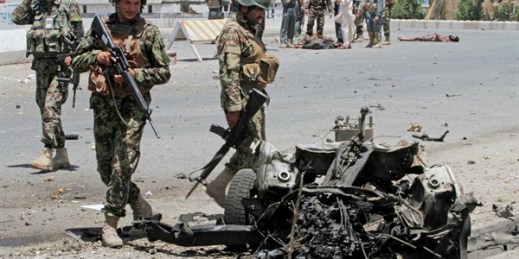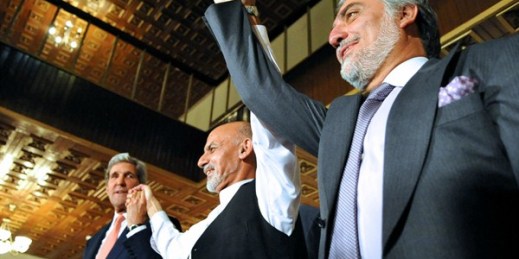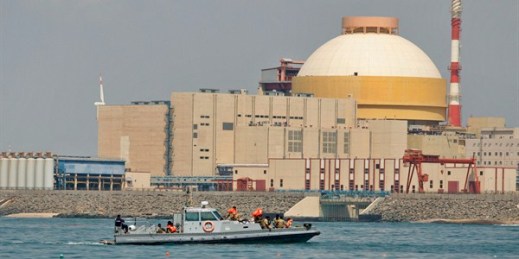
Yesterday India and the United States kicked off the 2014 Malabar naval exercise, the latest in a series of joint exercises going back over two decades, with the Japanese navy participating as well. This serves as an opportunity for the United States to demonstrate its commitment to naval engagement in the region, to reassure nervous allies in the face of an expansionist China and to refocus the U.S.-India relationship, which is widely seen as off track. The exercise will consist of activities on and around Japanese territory. According to a statement from the Indian navy, the exercise will include exchanges […]



